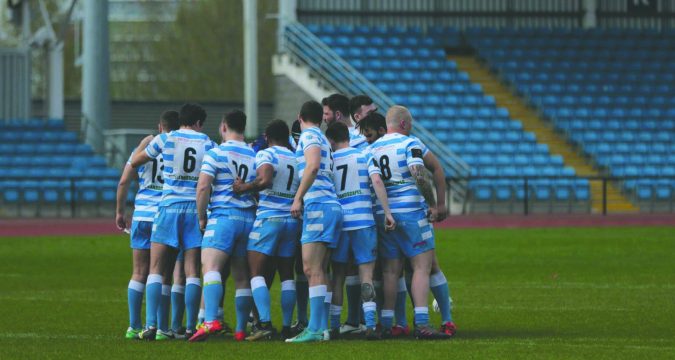 The Rugby Football League is moving its HQ from Leeds to Manchester in time for the 2021 Rugby League World Cup.
So you may think it might have been a good time to establish a semi-professional club in the city to carry the Manchester name. If so, think again. MARTYN SADLER, the editor of League Express, speaks to PHIL FITTON of Manchester Rangers
The Rugby Football League is moving its HQ from Leeds to Manchester in time for the 2021 Rugby League World Cup.
So you may think it might have been a good time to establish a semi-professional club in the city to carry the Manchester name. If so, think again. MARTYN SADLER, the editor of League Express, speaks to PHIL FITTON of Manchester Rangers Rugby League’s lost opportunity
 The Rugby Football League is moving its HQ from Leeds to Manchester in time for the 2021 Rugby League World Cup.
So you may think it might have been a good time to establish a semi-professional club in the city to carry the Manchester name. If so, think again. MARTYN SADLER, the editor of League Express, speaks to PHIL FITTON of Manchester Rangers
The Rugby Football League is moving its HQ from Leeds to Manchester in time for the 2021 Rugby League World Cup.
So you may think it might have been a good time to establish a semi-professional club in the city to carry the Manchester name. If so, think again. MARTYN SADLER, the editor of League Express, speaks to PHIL FITTON of Manchester Rangers 